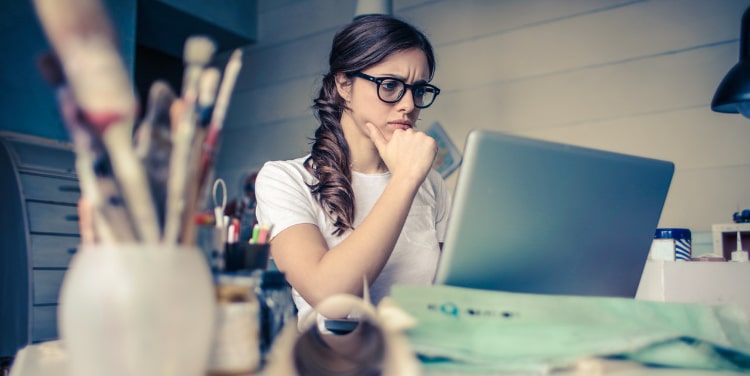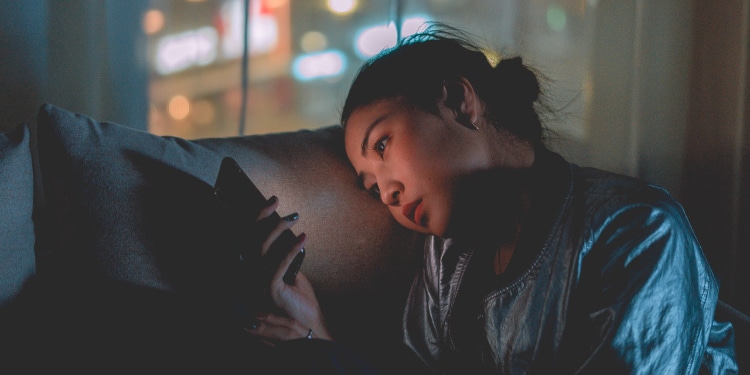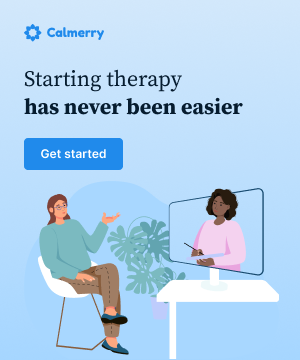









Across the nation, people are practicing social distancing in an effort to help contain the global pandemic COVID-19, also known as the coronavirus. Businesses are asking their employees to work from home, colleges and universities are shifting to virtual classes, large events are cancelled, and the president is requesting that gatherings are limited to no more than 10 people. However, while implementing these important strategies is crucial to preventing further transmission of the deadly virus, they come at a cost.
The paradox of all of this is that social distancing can have a serious impact on mental health and can even contribute to poor health in the long run. The social and mental health cost of a quarantine during these times can further our sense of isolation and make us forget the bigger picture: we’re all in this together. So while we try to protect ourselves from being exposed to COVID-19, it’s crucial that we help each other avoid suffering social and emotional isolation in the process. The following tips can help.

Most of us would never consider smoking 15 cigarettes a day. Yet, the Health Resources and Services Administration warns that isolation can be just as damaging to one’s health. Loneliness has been proven to increase the probability of depression, suffering from high blood pressure, and even dying from heart disease.
Loneliness and isolation are also known to impact a person’s immune system by limiting their ability to fight infection; a crucial fact to be aware of particularly during a pandemic. Additionally, it is thought that loneliness can cause chronic inflammation, which significantly reduces the body’s ability to protect itself from viruses.
There is indication that as people become more and more isolated, they are less likely to take necessary measures to protect each other in their own communities. Feelings of isolation and loneliness are especially prevalent among senior citizens above the age of 65. According to the H.R.S.A., among seniors who report a sense of loneliness, there is a 45% increased chance of mortality. Unfortunately, 27% of senior citizens live by themselves.
This means that in a quarantine situation, where they are completely blocked off and often with limited technology, the problem becomes even more dire. The elderly or depressed, who can’t go out or are afraid to ask for help, may be unable to get their lifesaving medication, medical assistance they require, or nutritious meals delivered to them.
Because the coronavirus impacted other countries before it hit the United States, the country can look to these other nations for helpful solutions. The BBC reported that Chinese citizens are getting creative in their efforts to stay connected. For example, musicians are streaming concerts, gym classes are going virtual, and people are holding meetings through Skype. People in Italy are connecting with their neighbors by talking and singing across balconies and fences.

Check-in with your local Internet provider as many are offering free service during the pandemic. Using technology is a great way to stay in touch with friends and loved ones. Use the downtime to improve existing relationships and connect with others in the community. Show kindness by checking in on them either with a phone call or a text, and let them know you care about them. Doing so not only helps them but it can also give you a greater sense of purpose while improving your well-being.
Use technology to log on to social media, especially platforms like Facebook and Instagram where live streaming takes place. This is a great way to connect and bring people together who are also going through the same thing. It can be comforting to see how everyone is dealing with social distancing and isolation. Even celebrities and musicians are connecting with their fans as the pandemic remains the great equalizer for the entire world.
Since loneliness can lead to health problems, it’s more important than ever to use this period of self-isolation to remain diligent with your health. Stay healthy by continuing to exercise, drink plenty of water, eat well, and take your vitamins. You can manage your stress and anxiety levels through meditation and yoga. If you haven’t had the time or opportunity to try mediation, now would be a great time to start. It’s also been said that watching a favorite movie and listening to upbeat music can reduce anxiety.
Not going into work and the lack of social activities on your previously busy calendar can lead to feelings of lost purpose. Do your best to structure your day. Keep wakeup and bedtimes the same, stay active with your remote work or chores around the house, spend time chatting on the phone with friends, and partake in meals at regular times.
People who are self-isolating may have difficulties with feelings of sadness, restlessness, insomnia, and demotivation. Combat these problems by having a set schedule to keep your body clock on track. Planning out each day’s activities and keeping goals may help you stay motivated and avoid feelings of depression.
Isolation often stems from feeling bored; but just because most of us are spending a lot of time at home for the next few weeks, it doesn’t mean that boredom has to set in. There are a myriad of cultural experiences that you can enjoy right from home at your fingertips. Many museums, art galleries, zoos, and theme parks are offering virtual tours to make your time indoors more imaginative and artful.
If you’ve ever wanted to learn cooking from a master chef or the art of fashion from an award-winning designer, there’s no better time to start. There are numerous online classes available to help you expand your skills and increase your knowledge. Learning is a great way to fill up your day and avoid feelings of sadness, loneliness, and isolation.
If you are still feeling as though the self-isolation is unbearable and you are experiencing anxious, sad, scared, and depressed thoughts; don’t wait to seek help from a professional therapist. If you’re on lock-down or quarantine, you can still seek professional help via online counseling. You can meet with a therapist via text, video, or audio calls to discuss your feelings and keep your mental health in check.